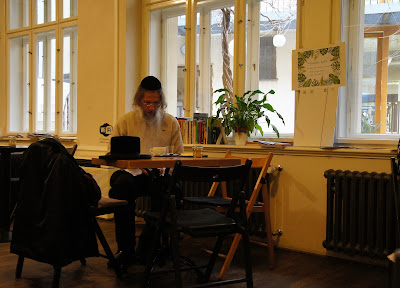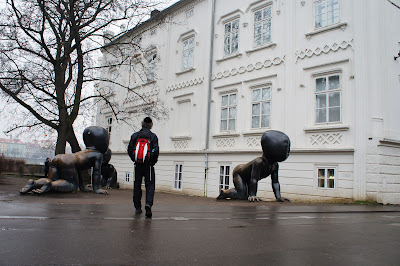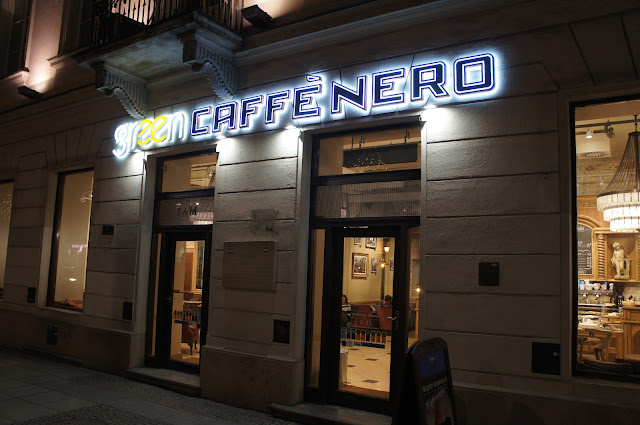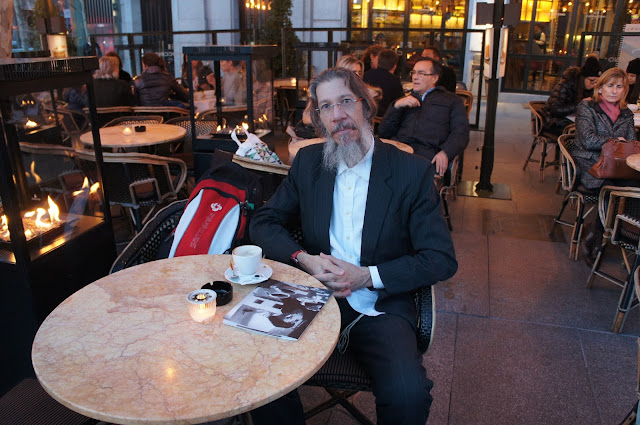JACOB JR, MY JEWISH WORLD. CAMUS, THE STRANGER AND SOLITAIRE IN PRAHA
Sunday, Elul 3, 5780. August 23, 2020.
Shalom! World.
Albert Camus offers us an opportunity to think about the power over L'Europe Centrale and the La Lumiere Mediterranéenne: Praha / Venice, inside the autobiographical essay "The Death in the Soul".
Accompanied by his first wife, Simone Hié, and his friend Yves Bourgeous, Camus had come to Central Europe with the intention of kayaking through the lakes of southern Bohemian. But the vacation went sour when Camus discovered that Simone had been having an affair back home in Algeria. In Salzburg the couple had a terrible row that led to the end of their marriage. In the midst of this personal crisis Camus left and spent four days during the year 1936. There were few lonely days in Praha. In Praha Camus seeks to lose and find himself.
Camus was a stranger who comes to Praha and undersgoes an epiphany of self-discovery. He arrives late in the day, 6 p.m. and is anxious to find a place to stay. Like Apolinaire's narrator (Lyrical and Critical Essays) Camus deposit his suitcases in the left-luggage office at the train station before venturing enter the city to look for a cheap Hotel.
In contrast to Apollinaire's narrator, who quickly feels at home among the locals, Camus remains alode and isolated. From the moment he leaves the train station and enters Wenceslas Square, he is conscious of a people ignorant of and indifferent to his existence and with whom he cannot communicate in a meaningful way. The experience of being alone in a foreign city becomes a poignant metaphor for existence in the modern world: "Around me were million human beings who had been alive all this time whose existence had never concerned me. They were alive. I was thousands of kilometers from home. I could not understand their language" (Lyrical and Critical Essays).
This sense of isolation induced by travel is inseparable from writing. In the refuge of his hotel room Camus acknowledges this conection: "What other profit can one seek to draw from travel? Here ia am, stripped bare, in a town where the signs are strange, unfamiliar hieroglyphics, where i have no friends to talk to, in short, without any distraction" (Lyrical and Critical Essays)".
Camus has come to Praha in quest of his true homeland. But instead of finding it, he is confronted with the awareness that writing not provide the transcendence promised by traditional travel literature.
At the end of the story Camus leaves Praha for the light and freedom of Italy (Venice). But he is unable to escape from it as a site of writing. A lyrical essay written by Camus at this time, entitled "L'Été à Alger" (Summer in Algiers,) 1936, published 1938), begins by setting up a contrast between "old walled towns" which are "closed in upon themselves" (Praha, Paris, Florence) and Algiers, which "opens into the sky a mouth or a wound" (Lyrical and Critical Essays). In fact, Praha was not a walled town in Camus's time, but this is not really the point: he experiences the city as a claustrophobic space in which he feels physically and discursively immured.
Camus explain why, in the course of a lecture ostensibly concerned with the idealization of the Mediterranean, central Europe still has to be invoked: "I spent two months in central Europe, from Austria to German, wondering where that strange disconfort weighing me down, the muffled anxiety i felt in my bones, came from." Significantly, however , Camus does not identify Praha by name, but merely records the effect of anxiety it induced in him, as if the city must be effaced before it can be "written" over by a new myth.
 |
| VENICE - ITALY |
The idea of this post was created during an amazing Café between the Adriatic Sea and the La Garonne River. Merci, my dear Carole, you are unforgettable!!!
Cultural Support: Jacob Jr. Benleumi, Advisor, Consulting and Education. International Relations Analyst.
















Comments
Post a Comment